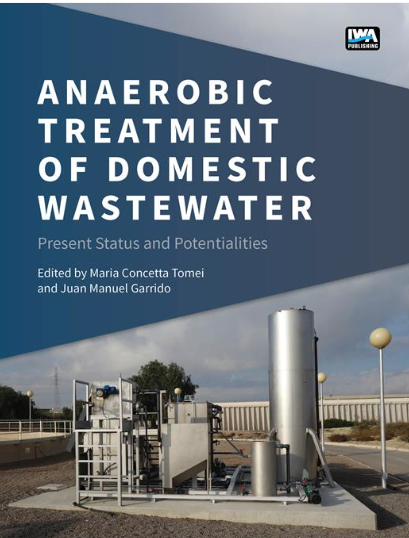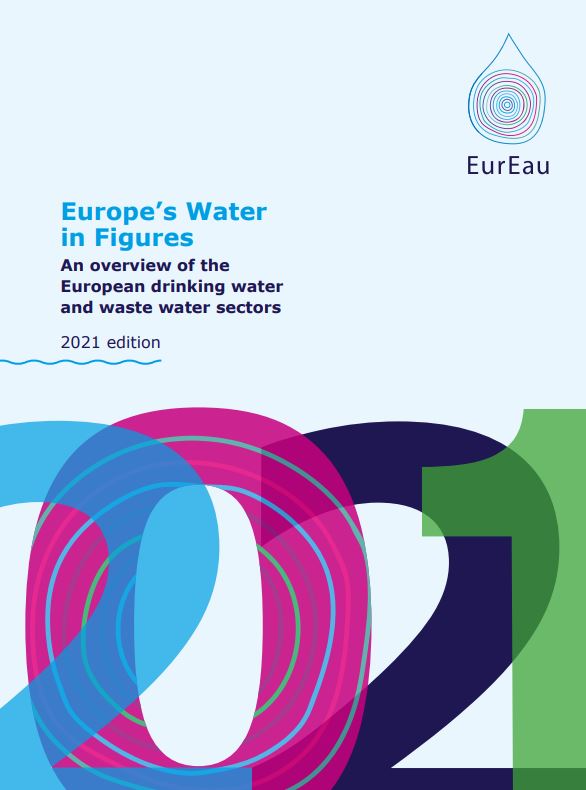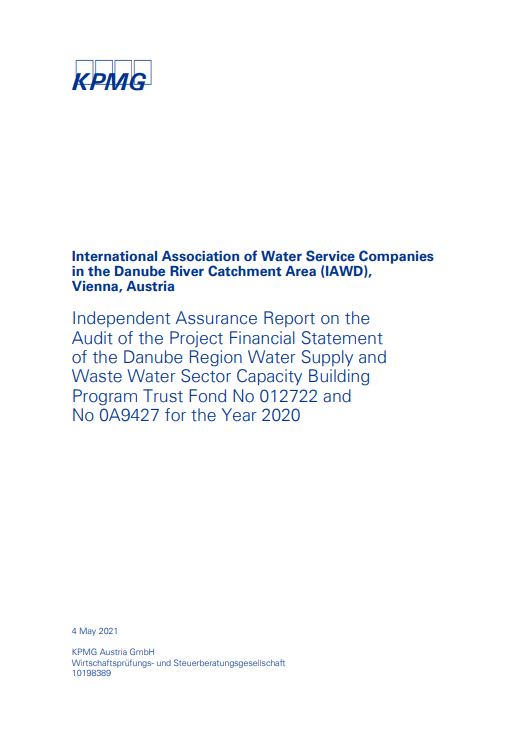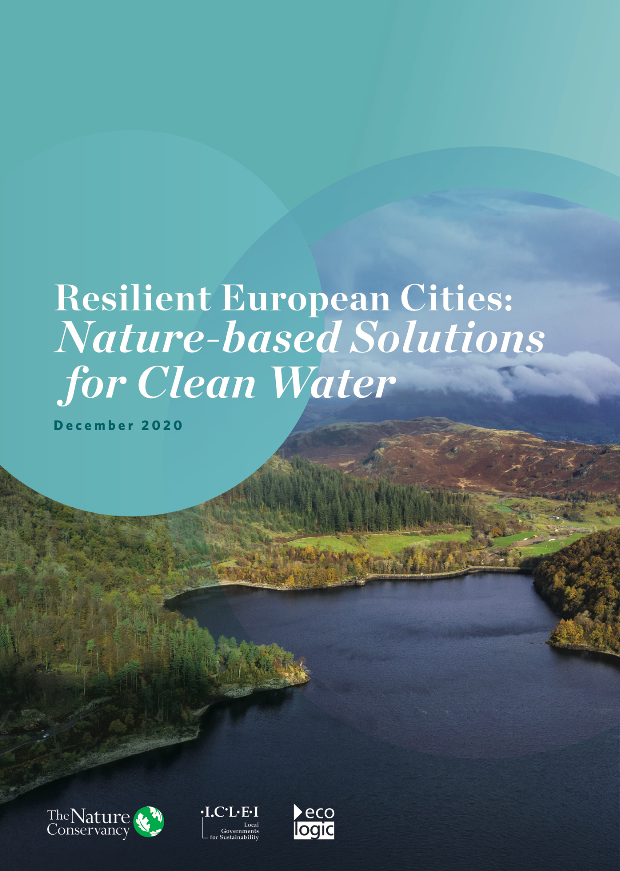Water systems are a special kind of infrastructure systems because they perform a dual role: theyprovide water services while also reducing risks to other services from natural hazards such asfloods and droughts.
This report aims to inform water system managers on the importance of andmeasures to build the resilience of water service provision to natural hazards and climate riskswhile ensuring that water systems can safeguard service provision by reducing their exposure tothe risks associated with natural hazards.
When choosing resilience measures, water systemsmanagers should consider the following six principles while also incorporating the concept ofdecision making under deep uncertainty: 1) knowing the system through network analysis andcriticality assessment; 2) improving maintenance to reduce vulnerability and improve resilience;3) involving users for active demand management; 4) working with nature to manage and respondto risks; 5) developing and improving contingency management; and 6) applying innovation whereappropriate. In addition, since water systems reduce the risks associated with certain naturalhazards to other services like power, transport and water itself, such safeguard services shouldbe accounted for when making the case for resilience investments in water systems.




